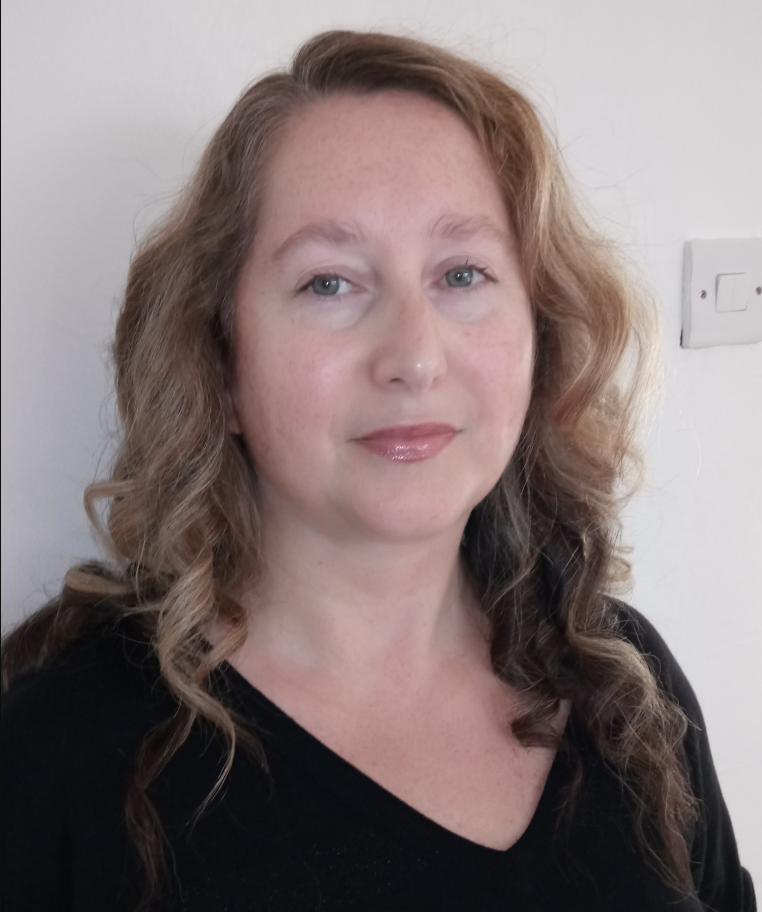Endometriosis is a painful, incurable gynaecological condition affecting one in ten women. It is often misdiagnosed in relation to other stomach and bowel conditions, including IBS or problems more commonly related to menstrual issues. Tissue cells grow outside of the womb and uterus, causing pelvic pain, tiredness, pain during sex and irregular bowel movements. Sufferers can also experience cells spreading to other areas in the body including bowels and legs. Endometrial lesions can occur and cause much discomfort across the abdominal area. There is no cure for this painful condition. The most common treatment is usually a laparoscopy, keyhole surgery where a thin tube is inserted in the abdomen and biopsies performed, as well as checking sites for endometrial lesions.
Rarely is this procedure only required once, and as a result scar tissue forms, in turn causing more pain and further surgical procedures. Women living with endometriosis often live with co-existing conditions. These include adenomyosis, fibroids, polycystic ovary syndrome, fibromyalgia, IBS and ovarian cysts.
Endometriosis can seriously disrupt a woman's life in a number of ways including severe pain, fatigue, depression, sexual problems, an inability to conceive 30% of women with the condition are infertile and difficulty fulfilling work commitments.
How can counselling help individuals with endometriosis?
Counselling enables the exploration the multiple facets related to this condition. There may be a mourning process around loss of fertility and conception, as well as possible miscarriages or earlier terminations that may have occurred prior to the diagnosis. The condition can occur in women of any age from early adolescence, but is most common in their twenties to late thirties. It can first present in initial development stages like menstruation beginning, between childbirths or at a time to when women may be planning or trying to start a family.
The impact on personal relationships is often an added burden for women that presents in the therapeutic space. Fear of abandonment and rejection, frustration and anger, partnerships breaking down through lack of understanding and intimacy. It leaves women in a difficult predicament around maintaining physical and satisfying parts of their relationships. Therapy helps to normalise and let go of the suffering and unburden the load.
Workplaces are often not suitably aware or understanding of time off for appointments. Clients often speak of feeling punished or subject to sarcasm and offhand comments. It can be very stressful carrying out daily duties, or fearing loss of holiday days if working in a setting that lacks empathy. As an endo-aware counsellor, I can relate to all factors clients may be experiencing in areas of life. Being able to talk freely and openly about the side effects on the body and mind normalises the experience of living with endometriosis.
Public perception of endometriosis
Public awareness of endometriosis isn't very high in comparison with other common health problems, the condition remains surrounded in myth, lack of information, inadequate support for the sufferer and a health service under strain that makes diagnosis often a lengthy and frustrating process for many women. There is also the question of the time and cost involved in misdiagnosis. The average time for women to get a diagnosis is five to seven years.
There are moves towards better awareness and support, with well known sufferers speaking out about the condition. These include actress/author Padma Lakshmi, Blondie singer Debbie Harry, actress Daisy Ridley and Marilyn Monroe. There are a number of theories that came to light after her death regarding her struggle amid numerous miscarriages she experienced. The writer and creator of the popular TV series Girls Lena Dunham wrote about her decision to have a hysterectomy aged just thirty one after a decade living with the impact of endometriosis.
I have been actively engaged with endometriosis organisations and support groups for a number of years, and a member of a local group. At the beginning of 2015 I took part in The Eve Appeals' scoping project around the early detection of gynaecological cancers and current gaps in access to information. These groups provide an additional outlet to discuss lived experience, helping clients to know they are not alone. They provide additional support alongside therapeutic sessions, bringing women together who are coping with endometriosis.

